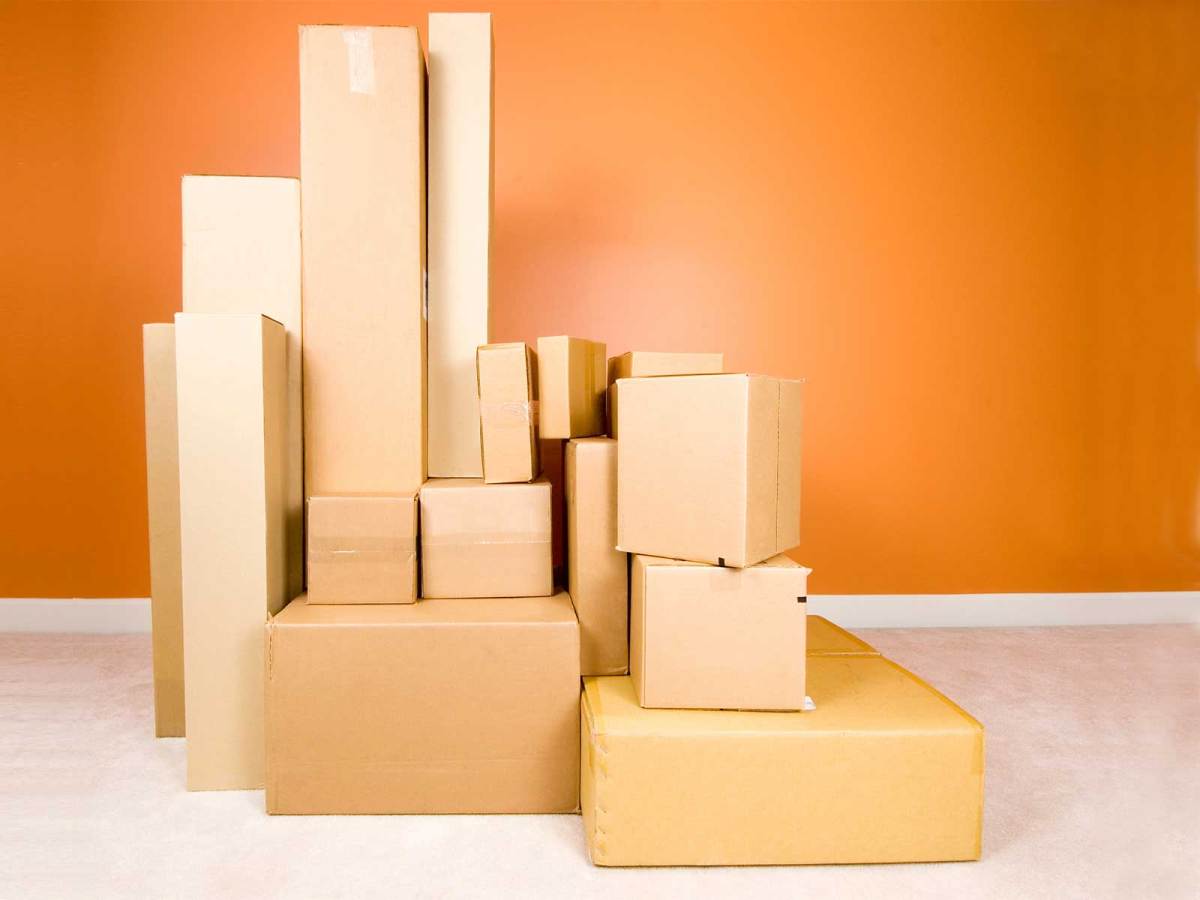Rheem Australia says it “deeply regrets” that its decision to move manufacturing operations from Perth to Sydney will result in around 100 employees, or 10 per cent of its current workforce, being made redundant.
Arguably Australia’s most famous name in water heating and bathroom appliance manufacturing, Rheem markets the Solahart, Solar Edwards, Vulcan, Raypak, Everhot, AqauMax, Accent Air and Paloma brands, as well as its eponymous moniker.
In a statement to the media, Rheem said it would cease manufacturing operations at its Welshpool, Western Australia, plant by the end of 2015 and integrate these processes into its Rydalmere, New South Wales, factory, which will be upgraded with a $60 million investment. Rheem also has plants in Moorabbin, Victoria, and Liverpool, New South Wales.
In making this announcement, Rheem lashed out at the amount of red tape in the industry, and the constant changes that various governments make to regulation. The company called for greater stability of rules and regulation so that it could more accurately forecast business performance and continue to innovate in product development.
“Rheem is reliant on a more stable regulatory environment,” the statement said. “Over the last seven years, inconsistent and constantly changing State and Federal Government policies on product performance and efficiency, household incentive schemes, and changes to the Renewable Energy Target (RET), have all impacted business confidence in the sector and diminished the capacity for local innovation.”
Rheem Australia CEO Matt Sexton said the $60 million investment in the Rydalmere plant was “based on an assumption that regulatory settings for the water heater industry will remain stable for the foreseeable future”. We asked Rheem why Sexton is confident that there will be stability in the industry when the recent past has been so “inconsistent and constantly changing”. The company replied, saying, “We are hopeful that the Federal Government’s deregulation agenda, and the safeguards in place to ensure proposed new regulations undergo real, true consultation with stakeholders, should result in a more stable regulatory environment”.
On the subject of those employees set to be made redundant, Sexton expressed his disappointment:
“The company deeply regrets the impact that this decision will have on so many of its long serving and loyal employees,” he said. “Rheem will do everything it can to minimise this impact and will take individual and family circumstances into account as far as possible.”
Rheem has been manufacturing in Australia since 1937 and claims to be the largest producer of water heaters in the country. It currently operates subsidiaries in New Zealand, China and Europe.
Rheem Australia Statement:
Rheem, Australia’s largest water heater and appliance manufacturer, has announced plans for a significant investment in its Australian manufacturing operations. Rheem will invest $60m to upgrade its Australian manufacturing operations over the next two years.
The planned investment will allow Rheem to consolidate manufacture of water heaters at its Rydalmere (NSW) site, which will be supported by specialist product manufacturing units located at Moorabbin (VIC) and Liverpool (NSW). Regrettably, the consolidation will result in the closure of its Perth based Welshpool factory.
The investment at Rydalmere will encompass the installation of state of the art manufacturing equipment, bringing local manufacturing to world’s best practice. “This investment will ensure that we remain globally competitive in the face of a high Australian dollar,” says Matt Sexton, CEO of Rheem Australia.
Rheem is reliant on a more stable regulatory environment. Over the last seven years, inconsistent and constantly changing State and Federal Government policies on product performance and efficiency, household incentive schemes, and changes to the Renewable Energy Target (RET), have all impacted business confidence in the sector and diminished the capacity for local innovation.
“This decision is based on an assumption that regulatory settings for the water heater industry will remain stable for the foreseeable future,” says Sexton. “This also includes an assumption that the RET will survive the current expert review.”
“The company deeply regrets the impact that this decision will have on so many of its long serving and loyal employees,” says Sexton. “Rheem will do everything it can tIt is envisaged that Welshpool operations will cease by the end of 2015. Of the 150 people employed at Welshpool, it is likely that around 100 manufacturing positions will become redundant. Welshpool personnel have been notified of this change.
“The company deeply regrets the impact that this decision will have on so many of its long serving and loyal employees,” says Sexton. “Rheem will do everything it can to minimise this impact and will take individual and family circumstances into account as far as possible.”
A local consultative committee will begin work shortly to identify suitable alternative employment opportunities for those who will be impacted by the site closure. Rheem will provide support to its employees to enable their transition to alternative roles outside of the company.o minimise this impact and will take individual and family circumstances into account as far as possible.”
A strong sales and service presence in Western Australia will be maintained beyond the shutdown.
Rheem employs around 1000 people in its Australian operations, and the company remains committed to competitive Australian manufacturing.

